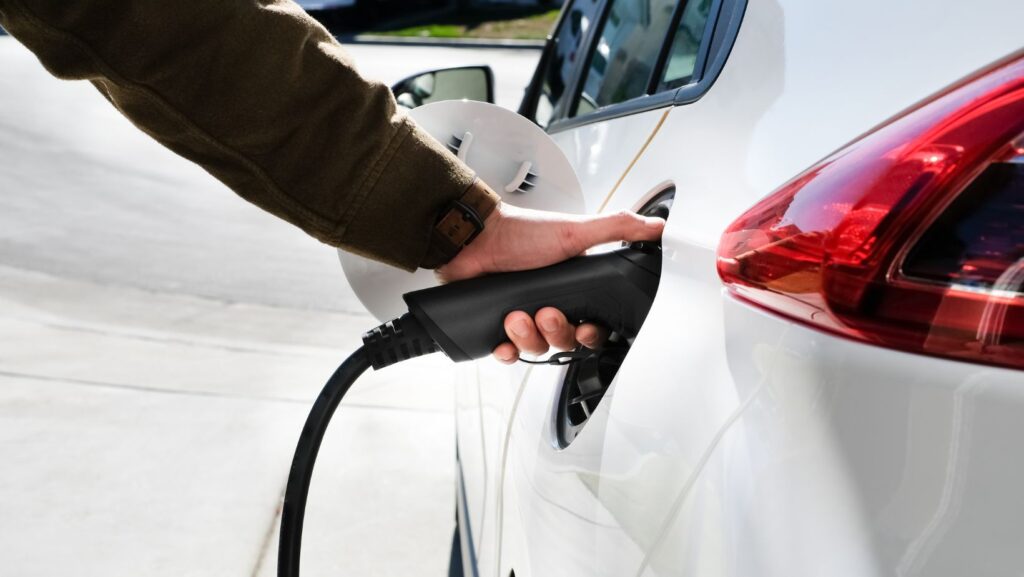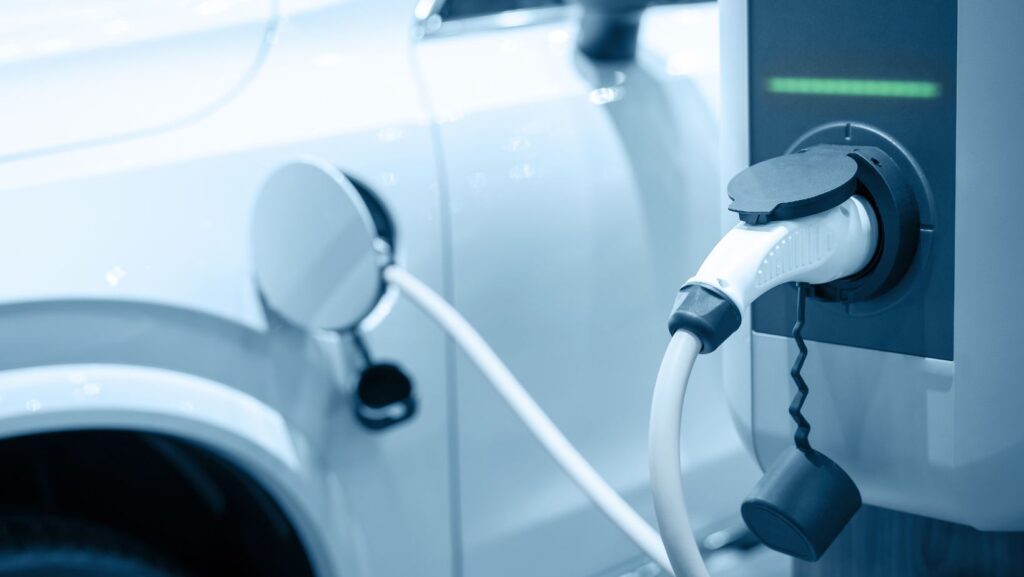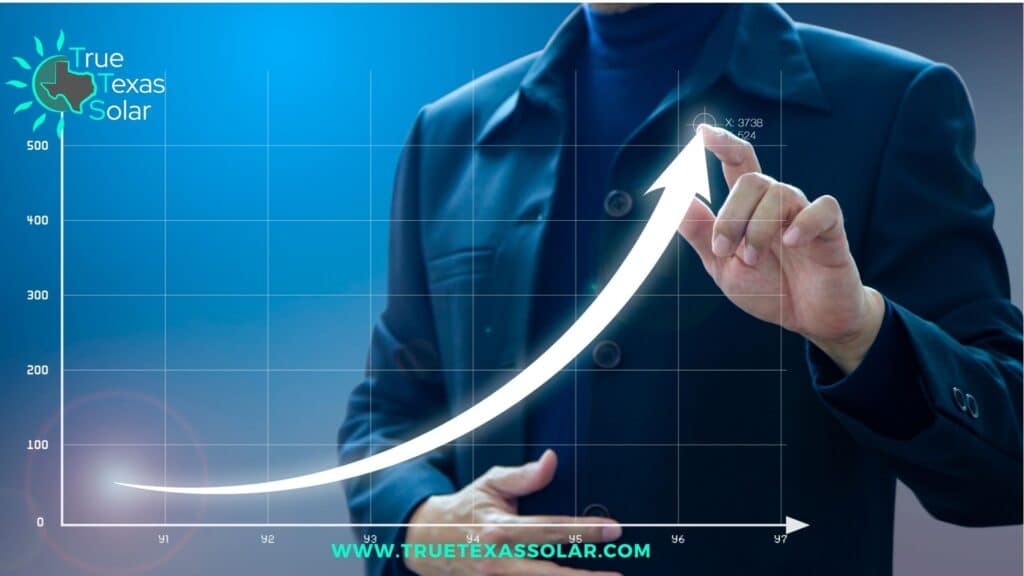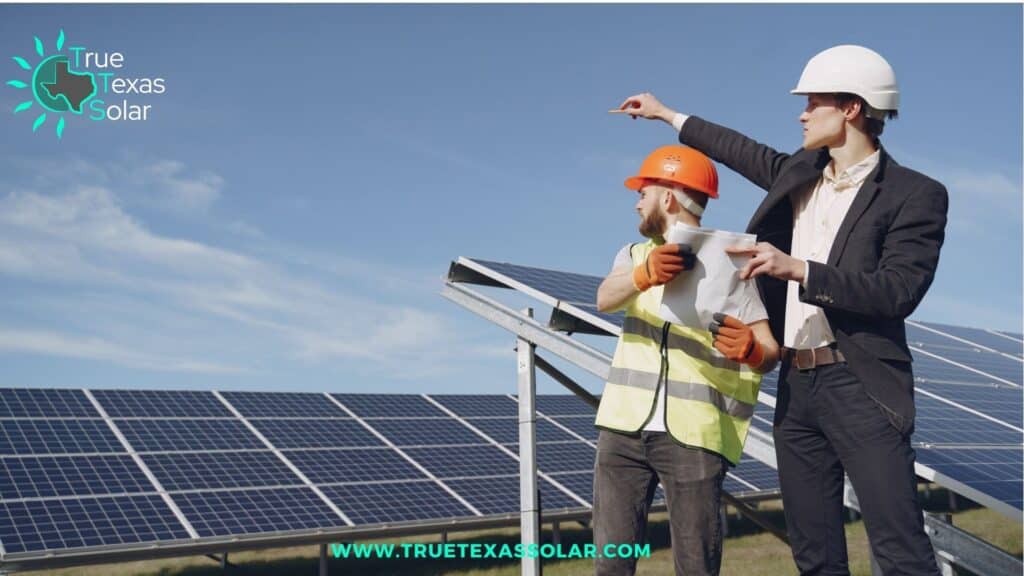Comprehensive Guide to EV Charger Installation in Texas
Benefits, Costs, and Incentives

As electric vehicles (EVs) continue to rise in popularity, installing an EV charger at your home or business in Texas is more than just a convenience—it’s a game-changing investment. Whether you’re a homeowner looking to reduce reliance on public charging stations or a business owner aiming to attract EV-driving customers, a dedicated EV charger offers significant benefits. From cost savings to environmental impact, installing an EV charger is smart.
Lower Electric Vehicle Charging Costs & Energy Savings
One of the biggest advantages of installing an electric vehicle (EV) charger is that it reduces fuel costs compared to gas-powered alternatives.
- Save on Public Charging Fees – Charging at home or work eliminates the need for expensive public charging stations.
- Take Advantage of Off-Peak Rates – Many Texas utility companies offer lower electricity rates during non-peak hours, allowing you to charge your vehicle for less.
- Pair with Solar Energy – When combined with a solar power system, you can charge your EV using free, renewable energy, reducing your reliance on the grid.
- Understand Applicable Fees Related to Installation – Be aware of all applicable fees related to permits and other costs involved in the installation process to avoid unexpected expenses.
Unmatched Convenience & Accessibility with EV Charging Solutions
With a home EV charging station, you ensure that your electric vehicle (EV) is always charged and ready for use, eliminating the need to search for and wait at public charging stations.
- Charge Overnight at Home – Plug in your vehicle and wake up to a full charge, eliminating range anxiety.
- Enhance Business Operations – For businesses, installing an EV charger can attract eco-conscious customers and provide an added convenience for employees.
- Fast Charging Options – Level 2 and DC fast chargers allow quicker charge times than standard wall outlets.
Increase Property & Business Value
Installing an EV charger can enhance your property’s appeal and future-proof it for the growing EV market.
- Boost Home Resale Value – Homes with EV chargers are more attractive to potential buyers looking for energy-efficient features.
- Competitive Advantage for Businesses – EV charging companies can attract more customers, retain employees, and improve their brand image.
- Tax Credits & Incentives – Many federal and state incentives help offset installation costs, making EV charging more affordable.
- Electrical Upgrades – Electrical upgrades may be necessary to support EV charger installations, ensuring sufficient power capacity and compliance with safety regulations. These upgrades can also increase property value and may qualify for additional tax credits.
Environmental Benefits & Reduced Carbon Footprint
Switching to an EV charger helps reduce dependence on fossil fuels and contributes to a cleaner environment.
- Lower Greenhouse Gas Emissions – Charging your EV at home, especially with solar power, significantly reduces emissions compared to gasoline vehicles.
- Promote Sustainable Business Practices – Offering EV charging at commercial locations supports green initiatives and corporate sustainability goals.
- Energy Independence – With a solar-powered EV charger, you generate clean energy and reduce reliance on traditional utility grids.
- Prepare for Future Needs – Upgrading home electrical panels to accommodate additional electrification technologies ensures more capacity for future EV charging and other potential electrical needs as part of a forward-thinking installation strategy.
Seamless Integration with Solar Energy and DC Fast Charging
If you already have a solar panel system or are considering one, an EV charger is a natural complement.
- Use Solar Energy for EV Charging – By utilizing solar power, you reduce electricity costs while driving a fully sustainable vehicle.
- Store Excess Energy – Pairing your EV charger with a battery backup system allows you to store excess solar energy for nighttime charging.
- Maximize Renewable Energy Benefits – Combining solar with EV charging strengthens energy independence and reduces long-term energy expenses.
- Consider DC Fast Charging Costs – While DC fast charging offers convenience, especially with networks like Electrify America, it is generally more expensive than home charging. Access to fast charging networks can be beneficial, but home charging remains the most economical and convenient option for daily use.
Choosing the Right EV Charger
Choosing the right EV charger for your electric vehicle is crucial to ensure safe, efficient, and convenient charging. Here are some factors to consider when selecting an EV charger:

- Charging Speed – Consider the charging speed you need, which depends on your daily driving habits and the type of electric vehicle you own. Level 2 chargers are faster than Level 1 chargers and can charge your vehicle up to three times faster, making them ideal for most EV drivers.
- Connector Type – Ensure the charger is compatible with your vehicle’s connector type, such as J1772 or Tesla’s North American Charging Standard (NACS). Compatibility is key to a seamless charging experience.
- Power Output – Choose a charger with a power output that matches your vehicle’s onboard charger. A higher power output may not be necessary if your vehicle’s onboard charger cannot handle it, so it’s important to know your vehicle’s specifications.
- Wi-Fi Connectivity – Consider a charger with Wi-Fi connectivity to monitor your charging sessions, receive alerts, and control the charger remotely. This feature adds convenience and allows you to manage your charging schedule efficiently.
- Outdoor Rating – If you plan to install the charger outdoors, ensure it has a suitable outdoor rating, such as NEMA 4 or IP67. This ensures the charger can withstand weather conditions and operate reliably.

Installation Process
The installation process for an EV charger typically involves the following steps:
- Assessment of Electrical Panel: A professional installer will assess your electrical panel to determine if any upgrades are necessary to accommodate the EV charger. This step ensures that your electrical system can provide sufficient capacity for the new charging unit.
- Obtaining Permits: The installer will obtain the necessary permits for the EV charger installation. This step ensures that the installation is compliant with local codes and regulations.
- Installation of EV Charger and Wiring: The installer will install the EV charger, wiring, and breaker, ensuring code-compliant electrical wiring and a scheduled installation. This step is crucial for your EV charger’s safe and efficient operation.
- Testing and Demonstration: The installer will test the new car charger, demonstrate its operation, and clean up the job site. This ensures that you understand how to use the charger and that it functions correctly.
- Typical Installation Timeframe: The installation process typically takes three to six weeks from start to finish. This timeframe includes the initial assessment, obtaining permits, and installation.

Maintenance and Support
Regular maintenance and support are essential to ensure your EV charger operates safely and efficiently. Here are some tips:
- Regular Inspections – Schedule regular inspections with a certified installer to ensure the charger is functioning properly and safely. Regular checks can help identify and address potential issues before they become major problems for EV drivers.
- Software Updates – Keep your charger’s software up-to-date to ensure you have the latest features and security patches. Software updates can enhance the performance and security of your EV charger.
- Customer Support – Look for a charger manufacturer that offers reliable customer support, including online resources, phone support, and in-person support. Good customer support can provide peace of mind and help you resolve any issues quickly.
Federal and State Incentives
The federal government and many states offer incentives for EV adoption, including:
- Federal Tax Credit: A tax credit of up to $7,500 is available to purchase an electric vehicle. This incentive can significantly reduce the upfront cost of an EV.
- State Rebates: Many states offer rebates for purchasing an electric vehicle or installing an EV charger. These rebates can further reduce the cost and make EV ownership more affordable.
- Utility Incentives: Some utilities offer special rates or incentives for EV owners, such as time-of-use rates or rebates for EV charger installation. These incentives can help lower overall energy costs and make charging your EV more economical.
By taking advantage of these incentives, you can make the transition to electric vehicles more affordable and enjoy the numerous benefits of EV ownership.
Installing an EV charger at your Texas home or business is a forward-thinking investment that brings financial savings, convenience, and environmental benefits. As more drivers transition to electric vehicles, having a dedicated charger ensures you stay ahead of the curve while maximizing energy efficiency.
Why Choose True Texas Solar for EV Charger Installation?
At True Texas Solar, we specialize in integrating EV charging with solar energy solutions, ensuring maximum efficiency and cost savings. Our team offers expert installation services tailored to your home or business needs, allowing you to power your vehicle with clean, renewable energy.
- Comprehensive Solar + EV Charging Solutions
- Expert Installation & Custom Design
- Maximized Energy Savings & Incentives
Get Started Today!
Take the next step toward energy independence and sustainability. Contact True Texas Solar today for a consultation and discover how an EV charger can benefit your home or business.
Call Us: 936-286-8325
Lorem ipsum dolor sit amet, consectetur adipiscing elit. Ut elit tellus, luctus nec ullamcorper mattis, pulvinar dapibus leo.

